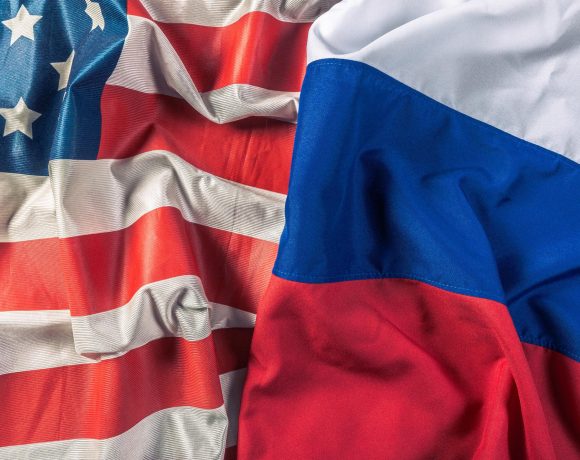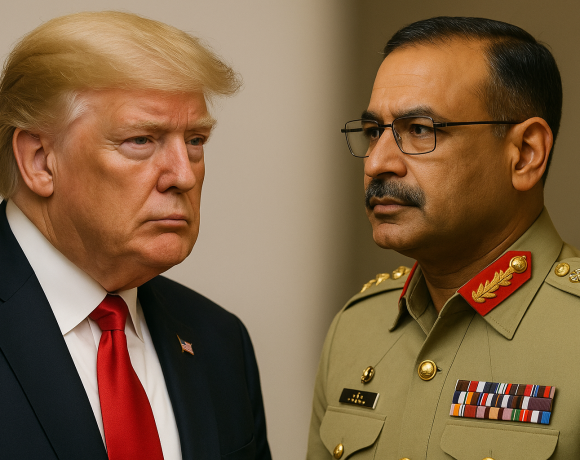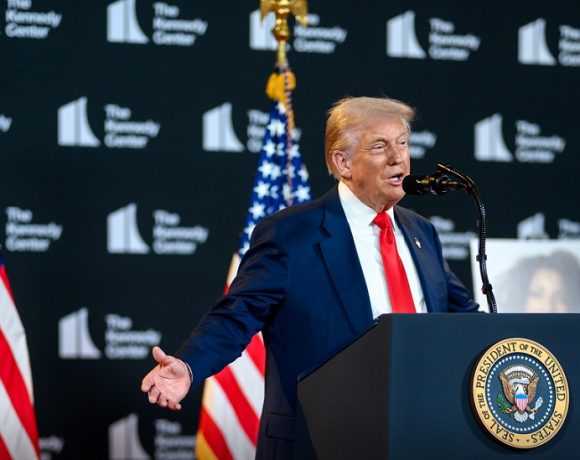
Macron Urges EU to Halt US Investments Amid Tariff Dispute
French President Emmanuel Macron has urged European Union businesses to suspend planned investments in the United States following a new wave of tariffs imposed by the US administration. The move is part of a broader strategy to present a united European response to what Macron described as unjustified and unilateral trade actions.
Macron emphasized that continuing investments into the US at this moment would send the wrong signal, especially as the EU faces punitive tariffs targeting a broad range of European goods. He framed the situation as a defining moment requiring strategic restraint and coordinated action from the bloc.
Call to Delay Investments as Leverage
Speaking to European business leaders and officials, Macron questioned the logic of bolstering US industry through new capital and projects while European industries are being penalized. He called on companies to reassess investment plans and wait for the current trade tensions to de-escalate before committing further resources to US operations.
The French president made it clear that this was not a call for a permanent withdrawal but a temporary and symbolic move to pressure the United States into negotiations. He suggested that showing economic unity and strength was necessary to secure fairer terms for Europe in global trade.
Push for EU Solidarity and Strategic Retaliation
Macron’s proposal aligns with growing frustration among EU member states over the tariff regime implemented by the US. There is increasing discussion in Brussels over whether the bloc should respond with its own tariffs or other protective measures.
By advocating for a collective investment pause, Macron seeks to unify the EU’s economic diplomacy and increase leverage in future trade talks. His call also reflects a broader desire among European leaders to reduce reliance on the US market in critical sectors and to reassert strategic autonomy in global affairs.
Future of EU-US Trade Relations in Question
The investment freeze, if widely followed, could mark a turning point in EU-US economic relations. While the two sides have traditionally enjoyed strong commercial ties, this latest clash underscores the fragility of that relationship in a rapidly changing global trade environment.
As Europe prepares its response, much will depend on how the US administration reacts to the pressure. Macron’s call has now added a new dimension to the ongoing standoff, one that could reshape investment flows and trade dynamics between two of the world’s largest economies.


















